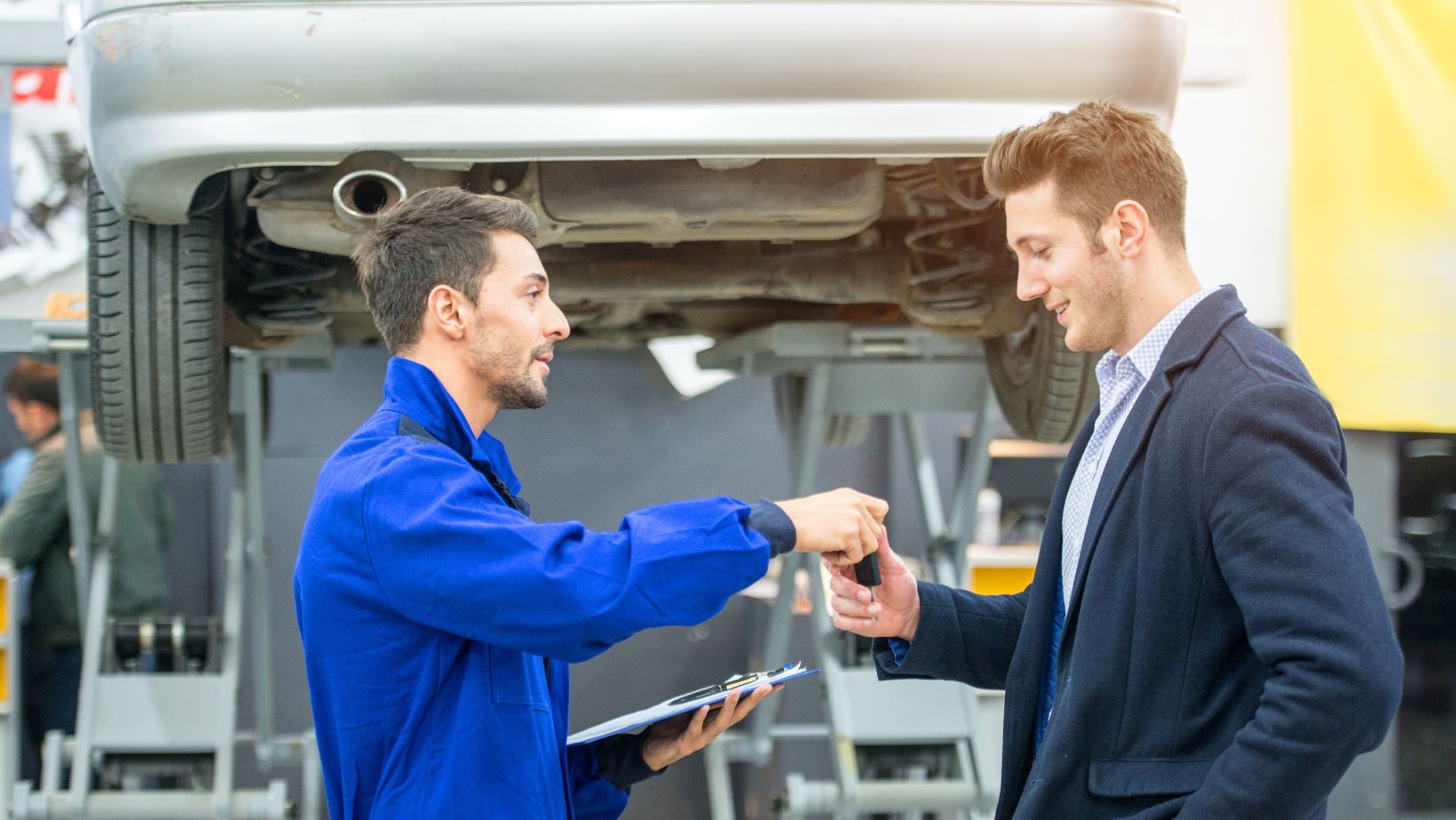
With “car repair delivered,” gone are the days of spending hours waiting at a crowded auto shop or dealing with the hassle of arranging transportation while your car is being fixed. This innovative service allows you to schedule an appointment online or through a mobile app, and within no time, a qualified mechanic will arrive at your location equipped with all the necessary tools and expertise to get your car back on the road.
Car Repair Delivered
Understanding Engine Troubles
When it comes to car repairs, engine troubles can be one of the most common and challenging issues that drivers encounter. From strange noises to decreased performance, engine problems can vary in severity. One common engine issue is a misfiring cylinder, which occurs when the spark plug fails to ignite the fuel-air mixture properly. This can lead to rough idling, reduced power, and even poor fuel efficiency.
Another frequent engine problem is a malfunctioning oxygen sensor. The oxygen sensor plays a crucial role in monitoring the amount of oxygen in the exhaust gases. When it malfunctions, it can cause issues such as increased emissions and reduced fuel economy. It’s important to address these problems promptly to avoid further damage and costly repairs.
Dealing with Brake Issues
Brake issues are another area where many drivers find themselves seeking car repairs. Worn-out brake pads are a common culprit behind braking problems. Over time, brake pads wear down due to friction against the rotors, resulting in decreased stopping power and squealing noises during braking.
Faulty brake calipers can also cause trouble for drivers. These hydraulic devices apply pressure on the brake pads against the rotor to slow down or stop your vehicle. If they become stuck or fail to function correctly, it can lead to uneven braking or even complete brake failure—an extremely dangerous situation that requires immediate attention from a professional mechanic.

Signs That Your Car Needs Repair
Spotting Transmission Difficulties
One of the telltale signs that your car may be in need of repair is experiencing transmission difficulties. Transmissions are complex systems that play a crucial role in the overall performance and functionality of your vehicle. Here are some common indicators that there might be an issue with your transmission:
- Delayed Shifting: If you notice a delay when shifting gears, such as a hesitation or jerkiness, it could indicate a problem with your transmission. This could be caused by low fluid levels, worn-out clutch plates, or other internal issues.
- Slipping Gears: When your car slips out of gear without any action from you, it’s a clear sign of trouble. This can result in sudden loss of power or difficulty accelerating properly.
- Burning Smell: A burnt odor coming from under the hood could indicate overheating and potential damage to the transmission fluid. Ignoring this smell can lead to bigger problems down the line.
If you experience any of these symptoms, it’s important to have your vehicle inspected by a qualified mechanic who can diagnose and address the underlying cause before further damage occurs.
Identifying Suspension Complications
Another area where potential issues may arise is with your car’s suspension system. The suspension plays a vital role in providing stability, control, and comfort while driving. Here are some signs that suggest problems with your suspension:
- Uneven Tire Wear: Excessive wear on one side of your tires compared to the other could indicate an alignment issue or worn-out suspension components.
- Excessive Bouncing: If you notice excessive bouncing or rocking motion after going over bumps or potholes, it may point toward worn-out shocks or struts.
- Pulling to One Side: If your car tends to pull to one side while driving straight on level ground, it could be a sign of suspension problems. This could be caused by misaligned wheels, worn-out control arms, or other issues.
- Clunking Noises: Strange noises, like clunks or thuds, coming from the undercarriage while driving over rough terrain can indicate loose or damaged suspension components that need attention.






































